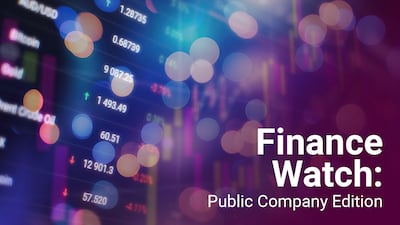Merck & Co., Inc.’s anticancer checkpoint inhibitor Keytruda (pembrolizumab) has maintained its position at the top of the league table of the world’s best-selling drugs in the second quarter. It attained supremacy for the first time in the first quarter of 2023 as COVID-19 product sales began declining and AbbVie Inc.’s Humira (adalimumab), which for many years had dominated the list, suffered a steep drop after losing US market exclusivity and facing biosimilar competition from late January.

Top 10 Best-Selling Drugs Of Q2 2023: COVID-19 Out, HPV In
Merck & Co’s Gardasil Vaccine Debuts On List
The Merck & Co vaccine for human papillomavirus Gardasil, along with Johnson & Johnson’s Darzalex for multiple myeloma, entered the ranks of the top 10 best-selling drugs globally in the second quarter. There was no product for COVID-19 in the line-up for the first time since 2020.

More from Earnings
More from Business
The challenging US biosimilar market remains a persistent problem, leading the biosimilar developer to reconsider how it invests in the future while pushing for changes.
Public Company Edition: Stock valuations are falling due to political, economic and regulatory uncertainty, resulting in fewer large public offerings, more alternative financings and cost cuts. Carisma, Tenaya, BioAtla, Arbutus, Nkarta, Alector and Adaptimmune announced layoffs.
The US FDA approved anti-CD19 antibody Uplizna, from Amgen’s $27.8bn purchase of Horizon in 2023, for IgG4-related disease – a larger market than its original NMOSD indication.


